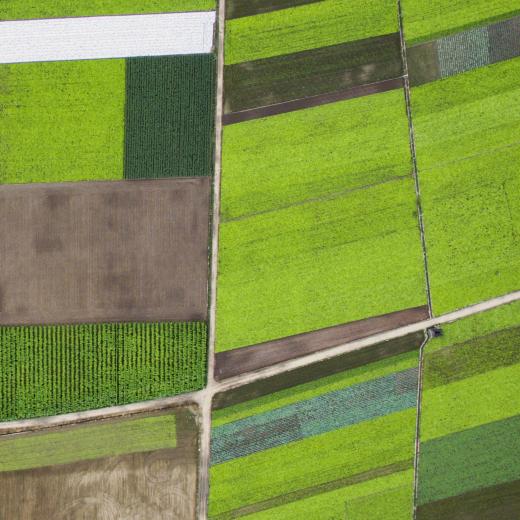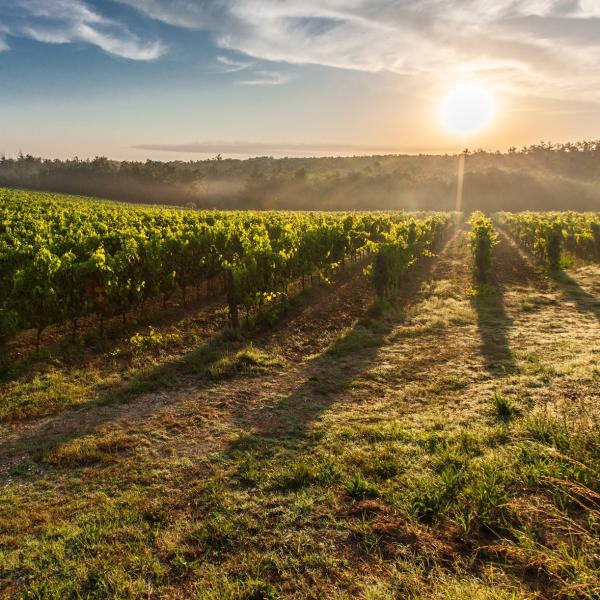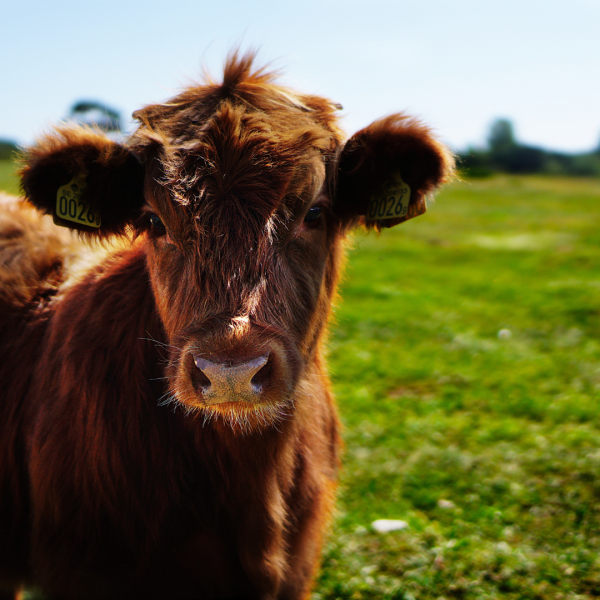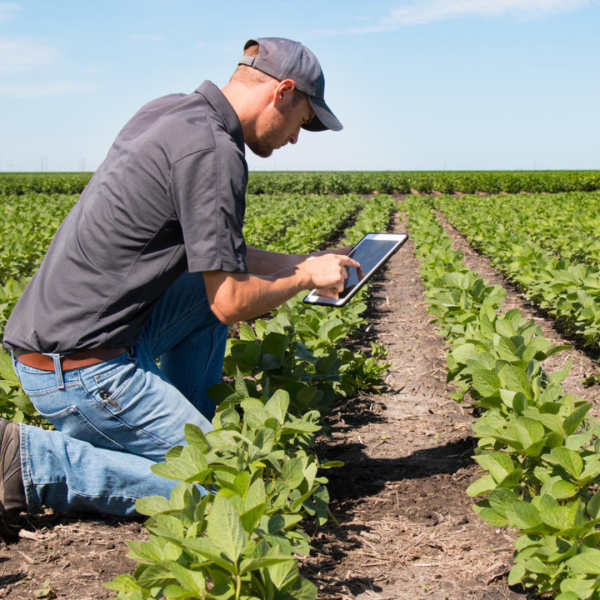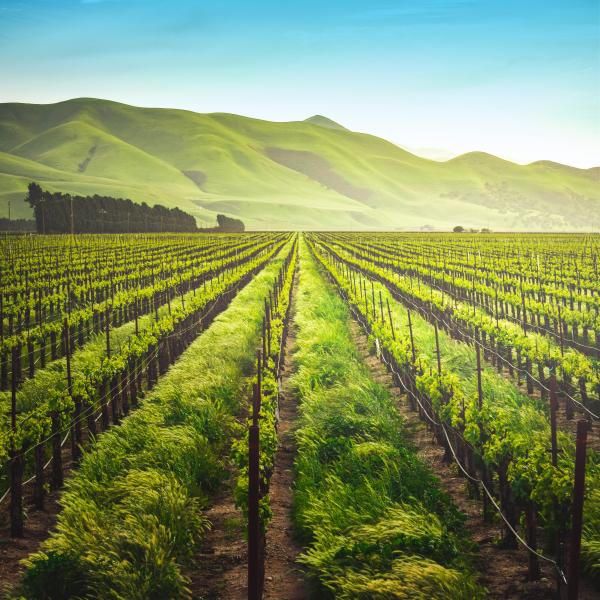Holistic systems-based approaches are needed to make EU food systems sustainable, balancing climate and environmental action with socioeconomic considerations through a just transition. To have real impact, we need to find win-win pathways for both farmers and the planet. Working with investors, financial institutions and intermediaries to embed sustainability in their activities is also key, along with driving towards a vision of how win-win solutions can be promoted via EU-wide policies.
The EU policy context over the next years needs to empower these efforts. Policy approaches and resources both within and outside the current and post-2028 Common Agricultural Policy (CAP) can play an important role. Devising improved CAP-based interventions to de-risk farms' transitions to climate-smart and resilient practices while providing better opportunities for longer-term planning can be instrumental. Rewarding agrifood stakeholders’ efforts towards sustainability across the value-chain is also crucial.
